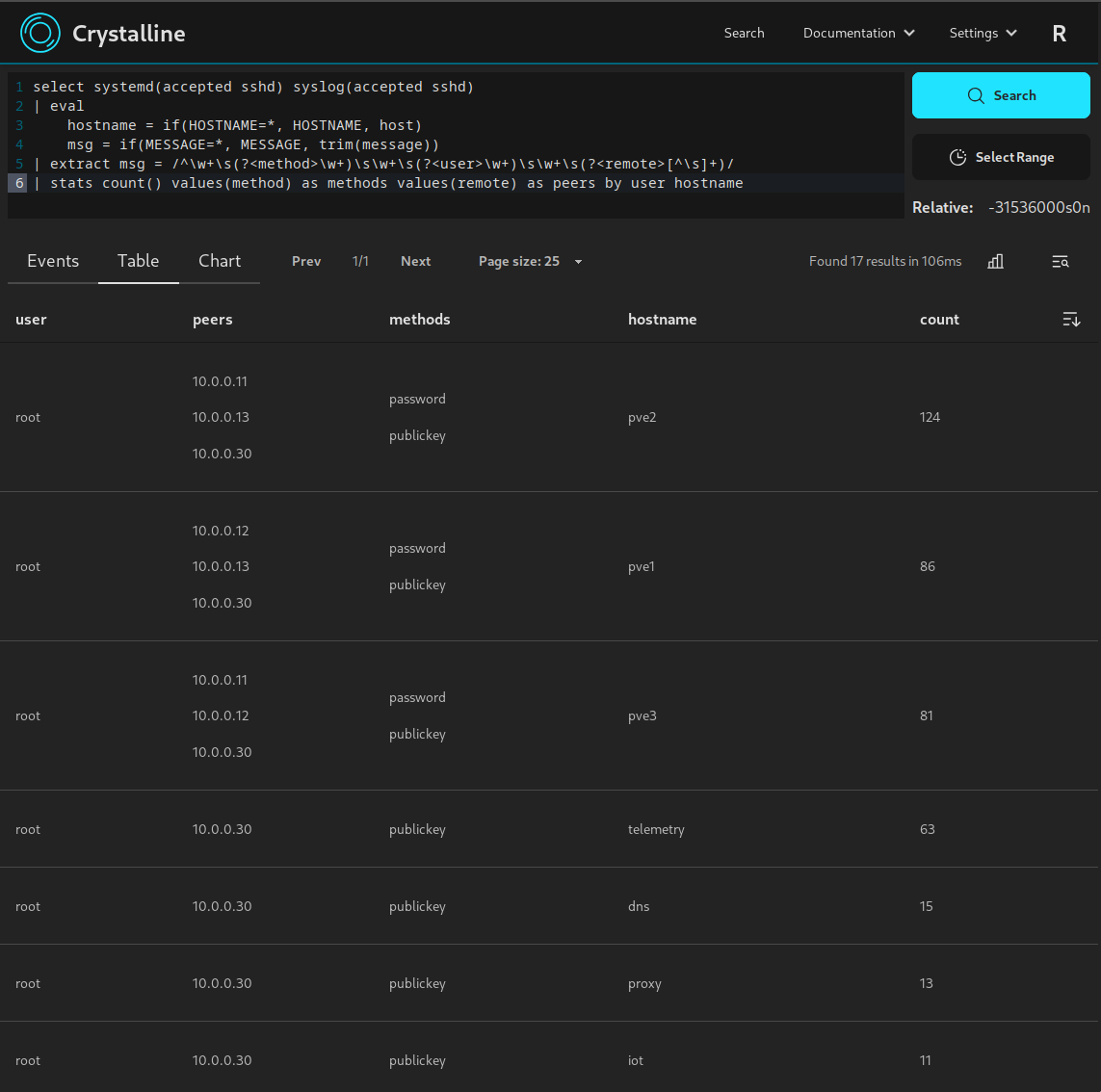view the rest of the comments
Selfhosted
A place to share alternatives to popular online services that can be self-hosted without giving up privacy or locking you into a service you don't control.
Rules:
-
Be civil: we're here to support and learn from one another. Insults won't be tolerated. Flame wars are frowned upon.
-
No spam posting.
-
Posts have to be centered around self-hosting. There are other communities for discussing hardware or home computing. If it's not obvious why your post topic revolves around selfhosting, please include details to make it clear.
-
Don't duplicate the full text of your blog or github here. Just post the link for folks to click.
-
Submission headline should match the article title (don’t cherry-pick information from the title to fit your agenda).
-
No trolling.
Resources:
- selfh.st Newsletter and index of selfhosted software and apps
- awesome-selfhosted software
- awesome-sysadmin resources
- Self-Hosted Podcast from Jupiter Broadcasting
Any issues on the community? Report it using the report flag.
Questions? DM the mods!



Thanks! definitely aiming for a stupid easy installation/management for the app itself; but in my experience getting a wide range of supported log sources is no small feat. I've been using fluentbit to handle collection from different sources and using the following has been working well for me:
with that setup you can search for container logs by name which works great with compose:
or process logs from an nginx container like this to see traffic from external hosts:
I'll add a more complete example to the docs, but if you look in the repo there's a complete example for receiving and ingesting syslog that you can run with just "docker compose up"
Maybe you should add OTLP support? I don't know how you are ingesting from Fluentbit at the moment, but I think with OTLP basically any log source can be integrated either through the fluentbit OTLP plugin or an OTEL collector.
I'm currently using the fluentbit http output plugin, fluentbit can act as an otel collector with an input plugin which could then be routed to the http output plugin. Long term I'll probably look at adding it but there's other features that take priority in the app itself such as scheduled searching and notifications/alerting